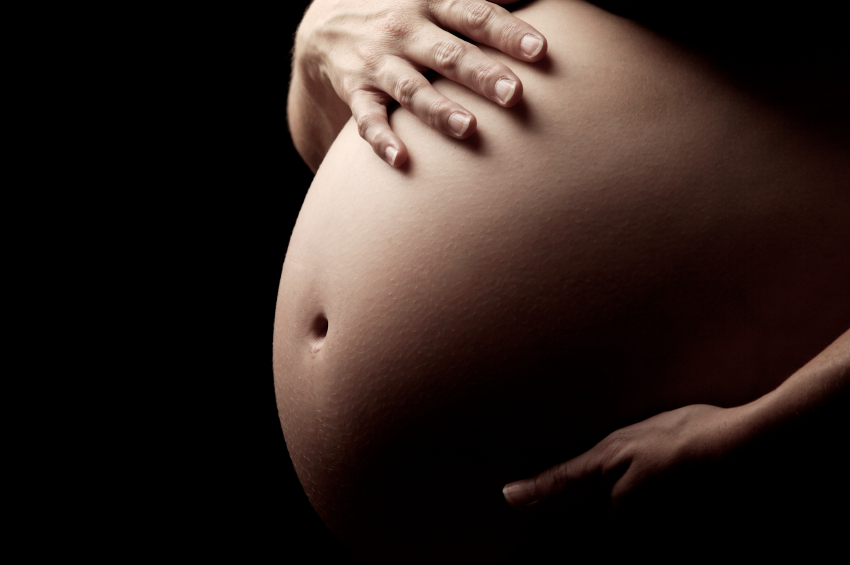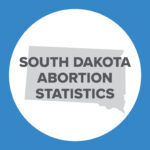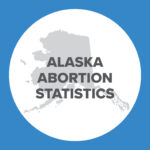Compassion, Not Punishment, for Women Who Have Had Abortion

Yesterday, during an MSNBC townhall event with Chris Matthews, presidential candidate Donald Trump was asked if he believes in “punishment for abortion” to which he replied that there should be “some form of punishment.” When asked whether this applied to women who have had abortions, Mr. Trump replied in the affirmative, though he later clarified that he believes only abortionists should be held accountable.
Pro-life groups have quickly, and with a united voice, used this incident to clarify that the pro-life movement has never advocated, in any context, for the punishment of women who undergo abortion, but rather acknowledges that abortion harms and exploits women.

Echoing the early pro-life feminists, Susan B. Anthony List president Marjorie Dannenfelser replied: “Mattie Brinkerhoff, a leader of the women’s suffrage movement, said that when a woman undergoes an abortion it is evidence she has been ‘greatly wronged.’…Alice Paul was known to have called abortion ‘the ultimate exploitation of women.’” She continued, “As a convert to the pro-life movement, Mr. Trump sees the reality of the horror of abortion – the destruction of an innocent human life – which is legal in our country up until the moment of birth. But let us be clear: punishment is solely for the abortionist who profits off of the destruction of one life and the grave wounding of another.”
A look at the language of some key pro-life laws demonstrates this same mentality of compassion for the woman.
The Pain-Capable Unborn Child Protection Act, Born-Alive Survivors Protection Act, and the Prenatal Nondiscrimination Act – all recently considered prolife laws – explicitly protect the woman from being prosecuted:
Pain-Capable Unborn Child Protection Act
HR36 (114th Congress) as introduced and as passed the House (also 113th H.R. 1797 as introduced and as passed the House, H.R. 3803 as introduced and as considered by the House on Suspension):
BAR TO PROSECUTION.—A woman upon whom an abortion in violation of subsection (a) is performed or attempted may not be prosecuted under, or for a conspiracy to violate, subsection (a), or for an offense under section 2, 3, or 4 of this title based on such a violation.
Born-Alive Abortion Survivors Protection Act
H.R. 3504 as introduced and as passed the House:
Bar to prosecution.—The mother of a child born alive described under subsection (a) may not be prosecuted under this section, for conspiracy to violate this section, or for an offense under section 3 or 4 of this title based on such a violation.
PRENDA (Prenatal Nondiscrimination Act)
H.R. 3541 as introduced in the 112th and as considered by the House under suspension of the Rules in the 112th Congress
Exception.—A woman upon whom a sex-selection or race-selection abortion is performed may not be prosecuted or held civilly liable for any violation of this section, or for a conspiracy to violate this section.
In addition, earlier and currently enacted pro-life federal laws also protect the woman undergoing abortion from any prosecution.
Partial-Birth Abortion Ban Act
As enacted in 2003:
A woman upon whom a partial-birth abortion is performed may not be prosecuted under this section, for a conspiracy to violate this section, or for an offense under section 2, 3, or 4 of this title based on a violation of this section.
Unborn Victims of Violence Act
As enacted in 2004:
Nothing in this section shall be construed to permit the prosecution—…
‘(3) of any woman with respect to her unborn child.
Just a few months ago, hundreds of thousands of people traveled to Washington, D.C. for the annual March for Life, whose 2016 theme was “Pro-Life and Pro-Woman Go Hand-in-Hand.” Pro-life groups are united in the acknowledgement that abortion itself is harmful to women and their families, and that women who have undergone abortion should never be condemned but offered opportunities for hope and healing.
Genevieve Plaster is a research assistant for the Charlotte Lozier Institute.

























